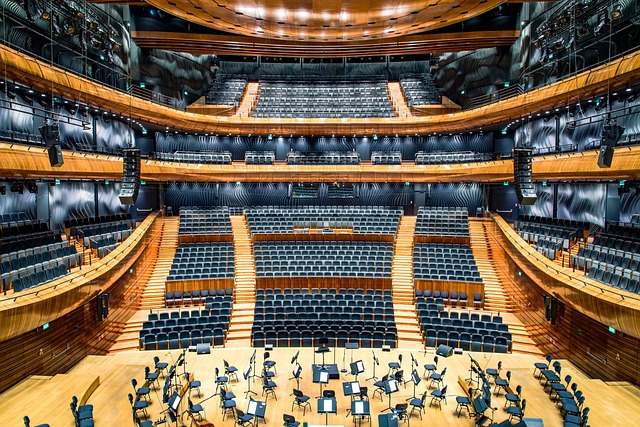Professional home staging is a powerful real estate tool that boosts sales by transforming properties into visually appealing, emotionally engaging spaces. By optimizing layout, highlighting features, and fostering familiarity, staged homes attract more offers, reduce listing times, and facilitate smoother transactions in today's competitive market. Real estate professionals leveraging home staging gain significant advantages in listings' visibility and speed of sale.
Professional home staging is a powerful tool in the real estate market, proven to increase property values and accelerate sales. By understanding the psychological impact of thoughtful interior design, agents can effectively transform listings into desirable spaces that resonate with buyers. This article explores the science behind successful home staging, offering practical tips for agents to enhance properties, attract offers, and ultimately drive sales in a competitive real estate market.
Understanding the Power of Home Staging in Real Estate

Professional home staging is a powerful tool in the real estate industry, often overlooked yet capable of significantly boosting sales. By transforming a property into a visually appealing space that resonates with potential buyers, staging can create an immediate emotional connection and enhance the overall perception of the home. This strategy goes beyond mere aesthetics; it involves optimizing the layout, highlighting key features, and crafting a narrative that speaks to the target audience’s desires.
In today’s competitive real estate market, where first impressions are everything, staged homes stand out. They offer buyers a glimpse into how they might live in the space, fostering a sense of familiarity and comfort. This strategic approach can increase offers, reduce listing times, and ultimately facilitate smoother transactions. Real estate professionals who recognize the value of home staging gain a competitive edge, ensuring their listings capture attention and sell faster.
The Psychology Behind Why Staging Works

In the realm of real estate, professional staging has emerged as a powerful tool to increase offers and sell homes faster. The psychology behind why staging works is deeply rooted in human behavior and our innate desire for order and familiarity. When potential buyers walk into a staged home, they subconsciously project their own lives onto it, envisioning themselves living there. Staging provides a blank canvas that allows buyers to see the property as an extension of their personal space, fostering a sense of comfort and desirability.
Furthermore, the visual appeal of a well-staged home significantly influences buyer perception. Research shows that our brains process visual information faster than text or data, making the initial impression crucial in real estate transactions. Staging leverages this by creating an inviting atmosphere through curated furniture arrangements, aesthetic design choices, and strategic use of lighting. This positive psychological response encourages buyers to imagine a future in the home, increasing the likelihood of making an offer.
Practical Tips for Effective Property Staging Strategies

In the realm of real estate, effective property staging is a powerful tool to attract buyers and boost offers. When preparing a home for the market, consider these practical tips for optimal results. Firstly, de-clutter and clean the space to create an inviting atmosphere. Remove personal items and excess furniture to allow potential buyers to envision themselves in the property. This strategy helps them picture their own belongings and lifestyle within the space.
Secondly, focus on highlighting the best features of the home. Use strategic lighting to draw attention to desirable elements like high ceilings, elegant architectural details, or a stunning fireplace. Incorporate accents and decor that complement the overall aesthetic while maintaining a neutral palette that appeals to a broad range of buyers. Remember, the goal is to make the property visually appealing, accessible, and most importantly, market-ready.






